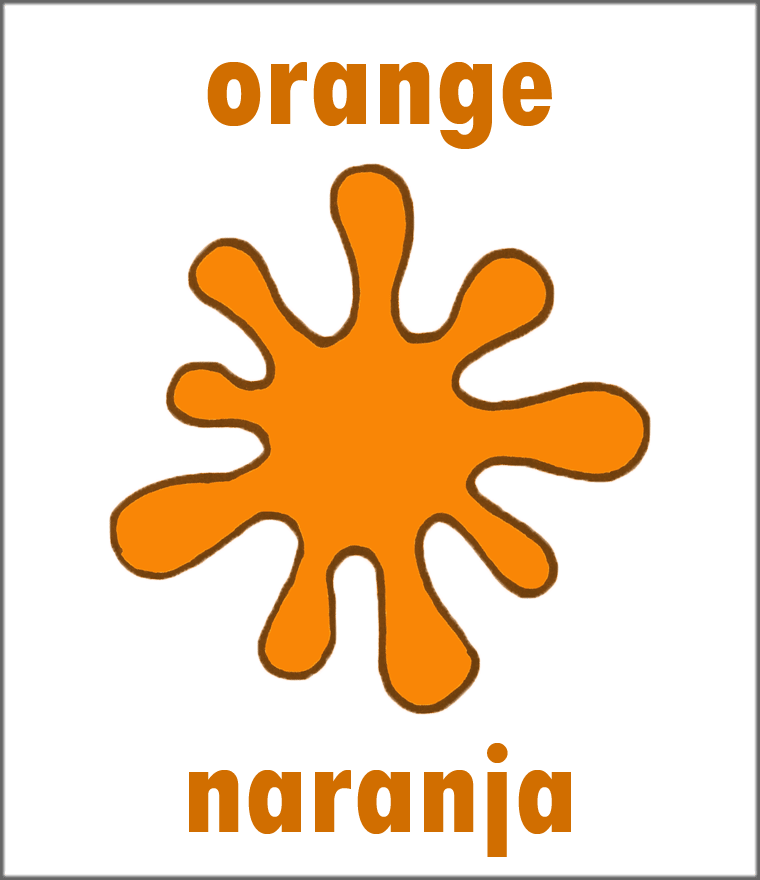
And yet, they developed a different pronunciation. The adder is said to stop up its ears to avoid hearing the snake charmer called in to drive it away.Listen to the clips above, and notice how the word Orange sounds different when it refers to a Frucht (fruit) or when it refers to a Farbe (color)! The Frucht retains the -e ending, whereas the Farbe cuts it off.īoth words come from the French word orange,which, in turn perhaps comes from the word or (“gold”), referring to the gold-yellow colour of oranges. Folklore connection with deafness is via Psalms lviii.1-5. Nedder is still a northern English dialect form. of a nadder into an adder, for which see also apron, auger, nickname, orange, humble pie, aitchbone, umpire. The modern form represents a faulty separation 14c.-16c. Since Middle English the word has been restricted to use as the common name of the viper, the only poisonous British reptile (though not generally fatal to humans), then by extension it was applied to venomous or similar snakes elsewhere ( puff-adder, etc.). Old English (West Saxon) næddre (Mercian nedre, Northumbrian nedra), "a snake the Serpent in the Garden of Eden," from Proto-Germanic *naethro "a snake" (source also of Old Norse naðra, Middle Dutch nadre, Old High German natra, German Natter, Gothic nadrs), from PIE root *nētr- "snake" (source also of Latin natrix "water snake" (the sense is probably by folk-association with nare "to swim") Old Irish nathir, Welsh neidr "snake, serpent"). In this roundabout way the political/religious movement of Northern Irish Protestantism acquired an association with the color orange, the Irish national flag acquired its orange band, and Syracuse University in New York state acquired its "Otto the Orange" mascot.

The town has no obvious association with the fruit other than being on the road from Marseilles to Paris, along which masses of oranges were transported to northern France and beyond. The name subsequently was corrupted to Auranche, then Orange. sources to be from aura "a breeze" and a reference to the north winds which rush down the valley, but perhaps this is folk etymology of a Celtic word. Its Roman name was Arausio, which is said in 19c. The name is from the town of Orange on the Rhone in France, which became part of the Nassau principality in 1530.

His cousins and their descendants constitute the royal line of Holland.

It was introduced to Hawaii in 1792.ġ796 in reference to members of a secret politico-religious society founded 1795 in Belfast to promote Protestant power in Northern Ireland, named for William of Orange (who became King William III of England and triumphed in Ireland at the head of a Protestant army at the Battle of the Boyne), of the German House of Nassau. Introduced in Florida (along with lemons) in 1513 by Spanish explorer Juan Ponce de Leon. On his second voyage in 1493, Christopher Columbus brought the seeds of oranges, lemons and citrons to Haiti and the Caribbean. Portuguese, Spanish, Arab, and Dutch sailors planted citrus trees along trade routes to prevent scurvy.

from India by Portuguese traders and quickly displaced the bitter variety, but only Modern Greek still seems to distinguish the bitter ( nerantzi) from the sweet ( portokali "Portuguese") orange. The Persian orange, grown widely in southern Europe after its introduction in Italy 11c., was bitter sweet oranges were brought to Europe 15c. The tree's original range probably was northern India. Loss of initial n- probably is due to confusion with the definite article (as in une narange, una narancia), but also perhaps was by influence of French or "gold." The name of the town of Orange in France (see Orangemen) perhaps was deformed by the name of the fruit. Not used as a color word in English until 1510s ( orange color), "a reddish-yellow color like that of a ripe orange." Colors similar to modern orange in Middle English might be called citrine or saffron. as a surname), from Old French orange, orenge (12c., Modern French orange), from Medieval Latin pomum de orenge, from Italian arancia, originally narancia (Venetian naranza), an alteration of Arabic naranj, from Persian narang, from Sanskrit naranga-s "orange tree," a word of uncertain origin. Late 14c., in reference to the fruit of the orange tree (late 13c.


 0 kommentar(er)
0 kommentar(er)
